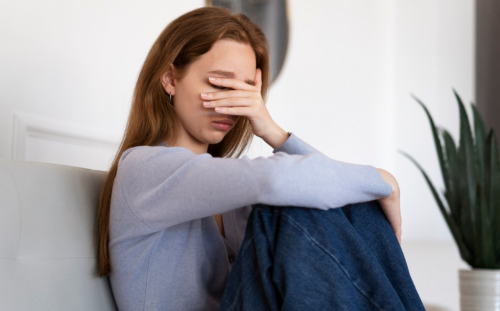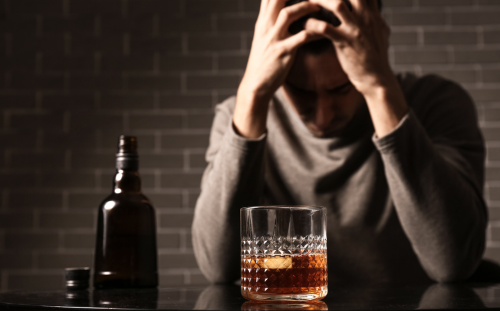Anxiety and depression are more than just feeling stressed or sad. They can deeply affect your daily life, relationships and physical health. Thankfully, therapy offers proven ways to manage these conditions and start healing.
In this blog, we’ll explain the best therapy for anxiety and depression, how each type works, and what steps you can take to feel better, whether you’re just starting to seek help or looking for more effective solutions.
Understanding Anxiety and Depression
Anxiety often shows up as constant worry, restlessness or fear, even when there’s no real danger. It can cause:
- Racing thoughts
- Sleep problems
- Physical symptoms like fast heartbeat or sweating
Depression, on the other hand, brings long-lasting sadness, low energy, loss of interest or even hopelessness. You may feel:
- Tired all the time
- Uninterested in things you once enjoyed
- Like you’re stuck in a dark place
If these symptoms continue for weeks, it's important to seek depression treatment from a trained professional.
Why Therapy Is Important
Many people try to handle anxiety and depression alone, but therapy gives you the right tools to heal. Therapy helps you understand your emotions, change negative thoughts, and build healthy coping habits.
The best therapy for anxiety and depression is different for everyone, but here are the most trusted options.
1. Cognitive Behavioral Therapy (CBT)
CBT is one of the most researched and trusted methods for treating both anxiety and depression. It focuses on how your thoughts, feelings, and actions are connected.
What it does:
- Helps identify negative thinking patterns
- Teaches you how to replace them with realistic thoughts
- Encourages small actions that build confidence and peace
CBT works well for people who want practical tools and long-term results.
2. Talk Therapy (Psychotherapy)
Also known as “talk therapy,” this type gives you a safe space to explore emotions, trauma and relationship patterns with a trained therapist.
It’s helpful if your anxiety or depression is linked to:
- Childhood experiences
- Unresolved grief
- Relationship problems
- Stress from life events
Over time, this builds emotional awareness and self-acceptance.
3. Medication (When Needed)
Sometimes, therapy alone may not be enough — especially in moderate to severe depression. In such cases, a psychiatrist may suggest medication along with therapy.
Common medications include:
- Antidepressants (like SSRIs or SNRIs)
- Anti-anxiety medications (short-term)
Medication helps balance brain chemicals and gives you the mental space to engage better in therapy. If you’re unsure where to begin, consulting a psychiatrist in Coimbatore or your local area can be a helpful first step.
4. Mindfulness-Based Therapies
Mindfulness therapy teaches you to stay present without judgment. It helps reduce:
- Overthinking
- Emotional reactions
- Panic or stress responses
This method is great for managing anxiety and preventing depressive relapses. Techniques include meditation, deep breathing, and body awareness.
5. Group Therapy and Support Programs
In group settings, people with similar struggles come together to share experiences and support one another. This is especially helpful when dealing with:
- Social anxiety
- Loneliness
- Low self-worth
It reminds you that you’re not alone, and healing is possible.
6. Holistic Lifestyle Support
Therapy becomes more effective when supported by healthy habits, such as:
- Daily physical activity (even walking helps)
- Eating nutritious meals
- Limiting screen time and alcohol
- Connecting with trusted people
- Following a regular sleep routine
These simple actions can support your recovery alongside depression therapy.
When to Seek Help
If you’ve been feeling low or anxious for more than two weeks, or if these feelings are affecting your daily life, it’s time to speak with a professional.
Don’t wait for things to get worse. The sooner you seek help, the easier it is to manage and recover. Many people benefit from early anxiety treatment and structured therapy programs.
Conclusion
There is no “one-size-fits-all” answer to treating anxiety and depression, but therapy offers a powerful path to healing. Whether it’s CBT, talk therapy, medication, or mindfulness, the right approach depends on your personal story and needs.
If you’re struggling, know that help is available. Taking the first step, whether it’s talking to a therapist or even reading this blog, is part of your recovery journey. You’re not alone, and things can get better.






